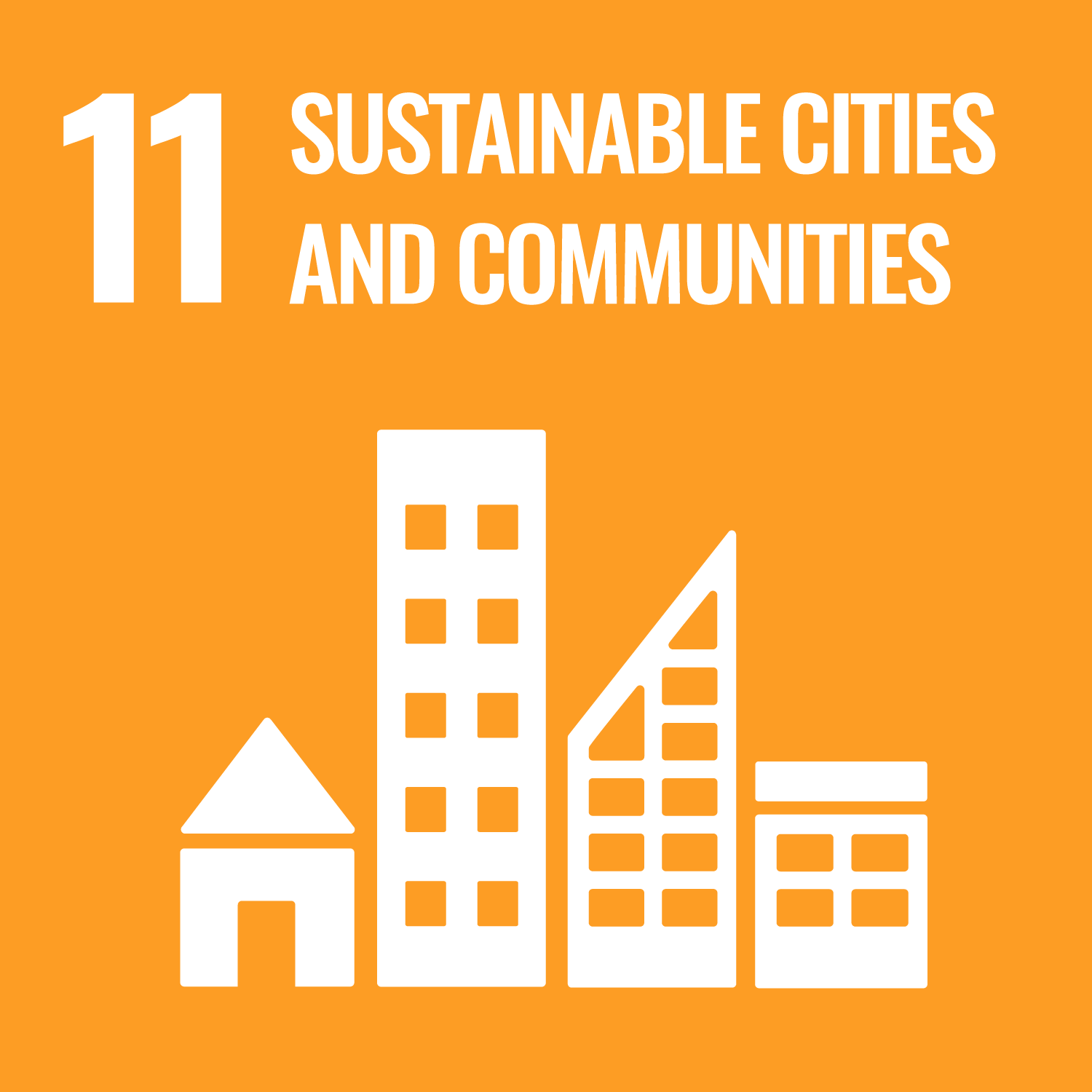ORCID
- Sheela Agarwal: 0000-0003-1698-908X
- Stephen Essex: 0000-0002-7728-4043
Abstract
Socio-economic disadvantage experienced by residents of English seaside resorts has been growing over the last decade, and academic and practice-based research is providing better insights into the causes, internal dynamics and appropriate policy responses to these issues in coastal communities. This paper examines the nature and extent of disadvantage in English seaside resorts through analysis of a specially devised spatial and temporal database, which draws together various publicly available sources beyond the population census and Index of Multiple Deprivation. Using univariate, bivariate and multivariate analyses of this database, a new typology of highly deprived resort neighbourhoods has been devised, with clear implications for the formulation of more targeted policy responses. The results also indicate the persistence, complexity and distinct spatial clustering of deprivation, which establishes a case for a much stronger geographical emphasis in future research and policy agendas, including third sector partnerships.
DOI Link
Publication Date
2018-01-01
Publication Title
Tourism Management
Volume
69
ISSN
0261-5177
Acceptance Date
2018-06-11
Embargo Period
2020-06-29
Additional Links
Keywords
Deprivation, Disadvantage, Neighbourhoods, Seaside resorts, Typology, UK
First Page
440
Last Page
459
Recommended Citation
Agarwal, S., Jakes, S., Essex, S., Page, S., & Mowforth, M. (2018) 'Disadvantage in English seaside resorts: A typology of deprived neighbourhoods', Tourism Management, 69, pp. 440-459. Available at: 10.1016/j.tourman.2018.06.012


